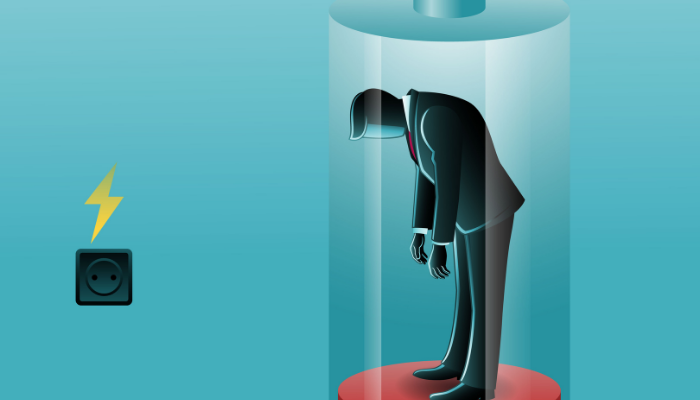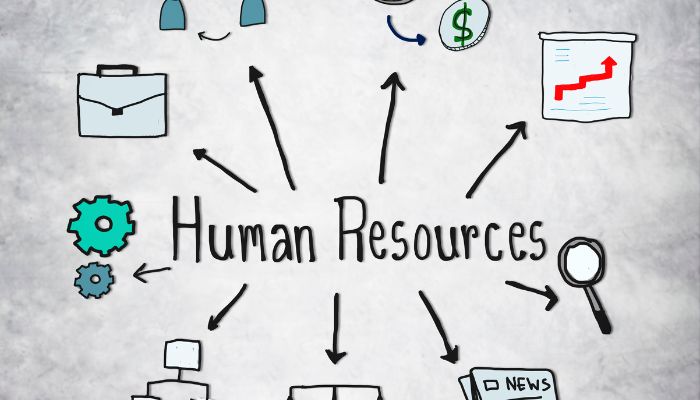Introduction: The Workload Crisis and Its Impact
“All work and no play will make Jack a dull boy,” or has it already? — is the question that continues to go unanswered in the business world. Needless to say, the workload crisis has been driving the smartest herds in the companies to underperform for years now. Regrettably, several organizations or leaders fail to realize the graveness of the issue and how catastrophic a workload crisis can be for an employee and the company as they remain unperturbed by the growing creative barriers.
The Rise of Mental Fatigue During the COVID-19 Pandemic
Although creative blocks, procrastination, lethargy, and mental fatigue have been common issues in the corporate world, they gained rapidity more than ever during the COVID-19 pandemic. Even the brainiest employee in the company has or is enduring mental fatigue since the onset of the pandemic. People are burnout and overwhelmed due to the workload crisis. With deadlines and timelines rising and isolation adding oil to the blazing fire, mental fatigue is building a hazardous block in the brain, thus affecting an individual’s productivity. Too much has happened in too little time. Since the country went into a lockdown, homes turned into workspaces; technology boomed, digitalization took over in hopes that employees would find it easier to get work done.
The Workload Crisis Hits Employees Hard
Initially, everything was hunky-dory until irregular work hours, isolation, and the workload crisis hit the employees severely. HR professionals began noticing a decline in productivity as some employees complained of burnouts while others continued to work and underperform in fear of losing their job during the pandemic. The workload crisis unquestionably took a toll on the workforce. And yes, great opportunities are hidden in the most critical phases but only when the employees are understood, backed, and encouraged to step back and recharge before jumping onto those new opportunities.
Related Reads
Identifying the Symptoms of Mental Fatigue and ADT
With the rising workload crisis in the corporate world, one of the best ways to figure out if an employee is dealing with mental fatigue or attention deficit trait (ADT) is to observe their execution patterns. Declining creativity, silly mistakes, cutting corners, missing deadlines, inconsistency in sustaining work quality, toxic work environment, illness, and more are common symptoms of ADT. Organizations must step in and reduce the workload crisis to help employees perform better. Hiring more staff, redistributing work, organizing more group brainstorming sessions and projects rather than assigning work to a single individual can help bring down workload crisis by leaps and bounds.
The Role of HR in Managing the employee Workload Crisis
The HR professionals must reach out to employees and organize one-on-ones to understand their state of mind on the workload crisis. They should reach out and train leaders and help them understand the effects of overworking or mental fatigue. And more importantly, how these leaders can help the workforce break the fatigue barriers.
Tips for Employees to Cope with Mental Fatigue
Here are few tips that can employees cope up with mental fatigue:
- Start the day with the task that interests you.
- Break down bigger tasks into smaller ones.
- Take breaks and socialize with peers or family.
- Slow down when feeling overwhelmed or anxious.
- Set aside time for thinking about new ideas and strategies.
- Leave replying to not-so-urgent mails for the last hour rather than in between tasks.
- List out priority tasks and complete them without accumulating them for the next day.
- Complete every task you touch and make goals for the next day before you leave.
- Speak up and reach out to leaders or colleagues when work is affecting your mental health.
- Take care of your diet, improve your sleep routine, and indulge in mental and physical exercises to boost positive thoughts.
The Importance of Employee Mental Health
Employees are essential assets of the company, and so is their mental health to get the task done. Mental fatigue is a virus that, once given ground to grow, can affect an entire organization rather than just an individual in the long run, thus affecting overall productivity and revenue. So, before workload crisis drives the employees to underperform, HR professionals may step in to help employees battle out and emerge from these predicaments successfully.
References:
- Overcoming pandemic fatigue: How to reenergize organizations for the long run | Mckinsey & Company | Aaron De Smet, Laura Tegelberg, Rob Theunissen, and Tiffany Vogel | November 25, 2020
- Overloaded Circuits: Why Smart People Underperform | Harvard Business Review | Edward Hallowell | January 2005






